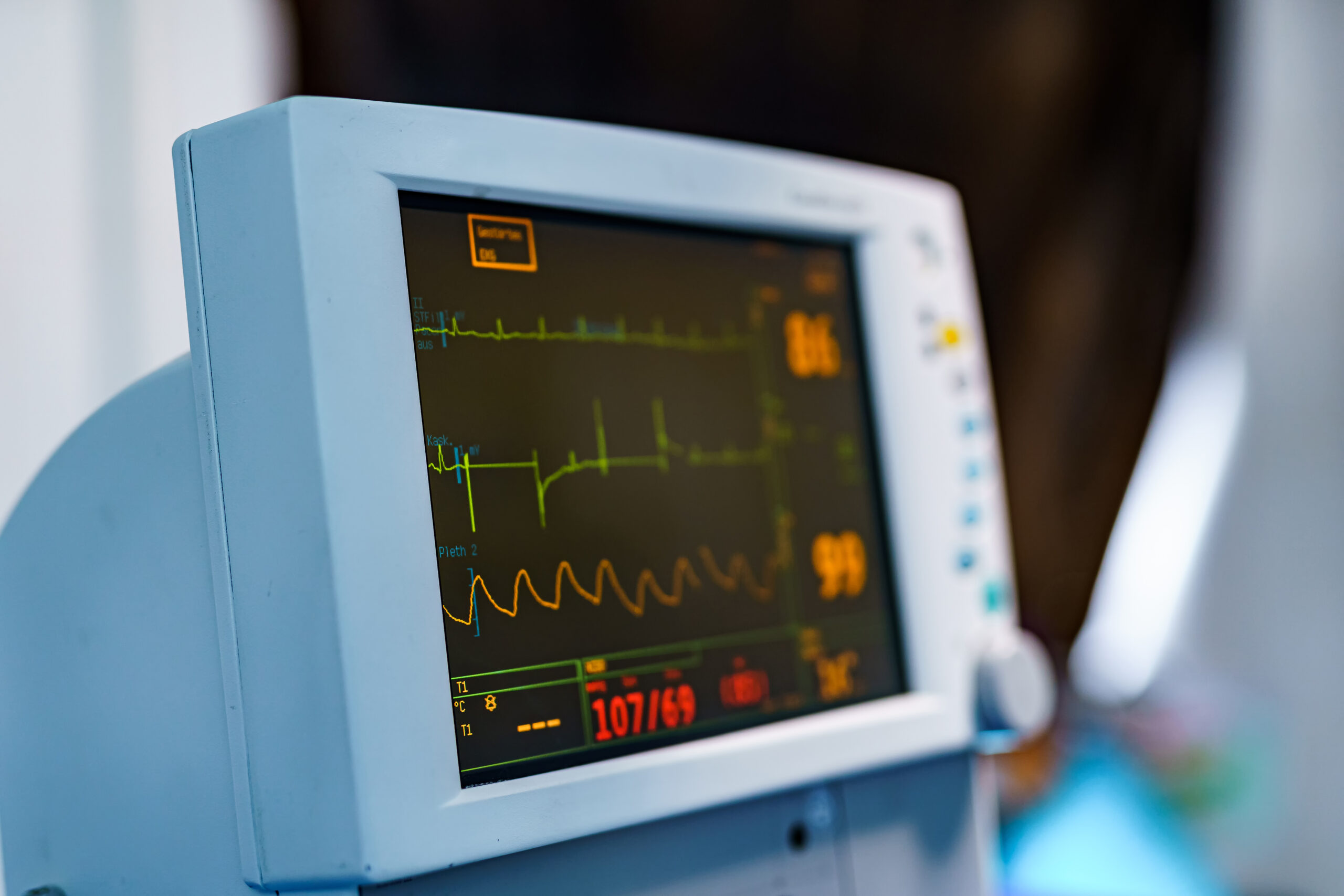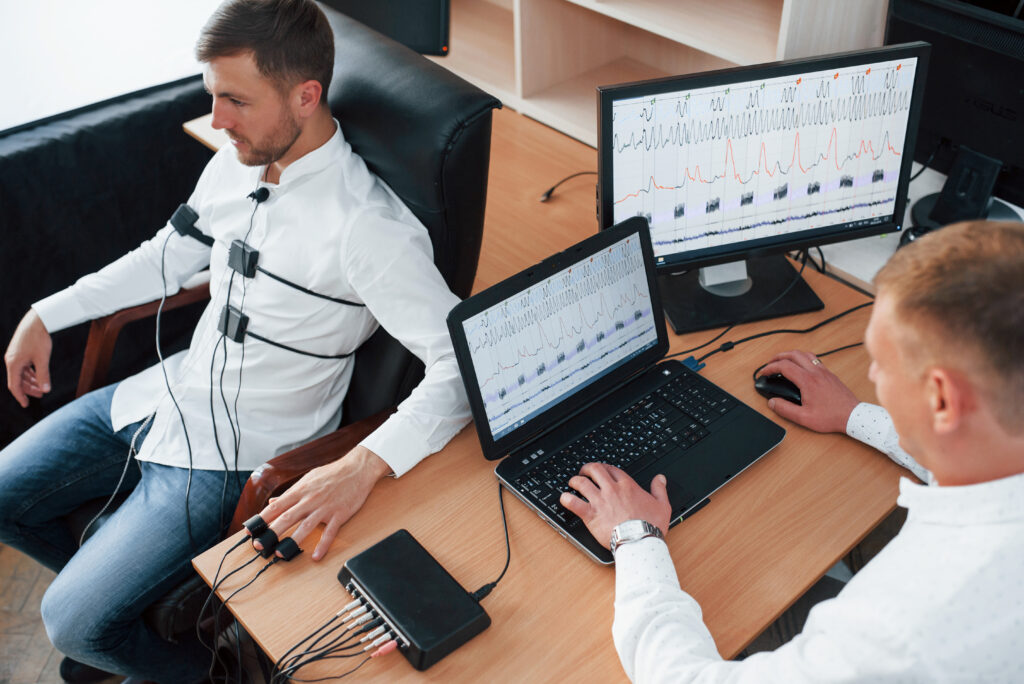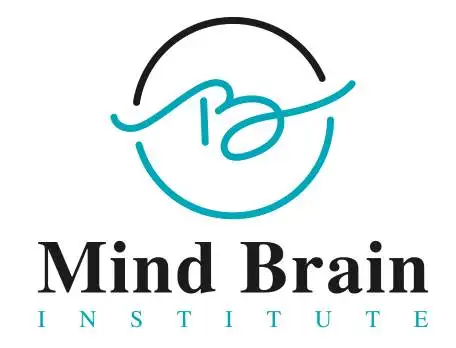Biofeedback- Heart Rate Variability (HRV) Biofeedback
What is HRV Biofeedback Therapy?

Heart Rate Variability (HRV) refers to the variation in time intervals between heartbeats. Rather than beating like a metronome, a healthy heart fluctuates dynamically in response to internal and external stimuli. This variability reflects the balance between the sympathetic (“fight or flight”) and parasympathetic (“rest and digest”) branches of the autonomic nervous system (ANS).
HRV biofeedback therapy uses advanced sensors and software to provide real-time feedback on a person’s heart rhythm. Patients learn to consciously regulate their physiological responses—such as breathing rate and emotional arousal—leading to greater autonomic flexibility and emotional stability.
Make Appointment
Offered at Mind Brain Institute — A Holistic Approach to Mental Wellness
At the forefront of non-medication-based psychiatric treatment, Mind Brain Institute, New Delhi, proudly introduces Heart Rate Variability (HRV) Biofeedback Therapy—a scientifically validated, non-invasive therapy designed to regulate the nervous system, reduce stress, and improve emotional resilience. As a part of our holistic mental health services, HRV biofeedback is transforming the way we treat depression, anxiety, OCD, and stress-related disorders without relying on medications.
Why Choose HRV Biofeedback Therapy?
In an age where mental health concerns are increasingly complex, HRV biofeedback offers a drug-free, evidence-based solution that targets the root of emotional dysregulation: nervous system imbalance.
Benefits of HRV Biofeedback:
Reduces symptoms of anxiety, depression, and PTSD
Improves focus, sleep quality, and resilience to stress
Balances heart-brain interaction to improve mood and cognition
Supports recovery from burnout and emotional exhaustion
Enhances mindfulness, body awareness, and emotional control
Helps individuals with obsessive-compulsive disorder (OCD) regain internal regulation
At Mind Brain Institute, HRV biofeedback is integrated into a broader neurotherapeutic framework including neurofeedback, mindfulness training, vagus nerve stimulation, and cognitive behavioral therapy to maximize healing outcomes.
How HRV Biofeedback Therapy Works
During an HRV biofeedback session at our New Delhi clinic, patients are connected to high-precision sensors that measure their heart rate patterns, breathing, and coherence levels.
Using visual and auditory feedback on a screen, patients are trained to:
Slow their breath to a resonant frequency (~6 breaths/min)
Induce heart rhythm coherence, a state of harmonious physiological function
Learn techniques such as paced breathing, emotional recall, and positive affect training
Over multiple sessions, patients become increasingly adept at shifting from sympathetic dominance (stress mode) to parasympathetic activation (relaxation mode)—a skill that can be practiced in real life.
HRV Biofeedback for Mental Health Conditions
1. HRV Biofeedback for Anxiety in Delhi
Anxiety is often linked to overactivity of the sympathetic nervous system, resulting in chronic hypervigilance, muscle tension, and sleep disruption. HRV biofeedback calms the nervous system, teaching the brain and body how to return to a state of balance.
2. Depression Treatment Without Medication
Many patients with depression suffer from low vagal tone and reduced heart rate variability. HRV biofeedback improves vagal function, enhancing neuroplasticity, emotional regulation, and motivation—without relying on antidepressants.
3. HRV Biofeedback for OCD
People with Obsessive-Compulsive Disorder (OCD) often experience internal agitation and difficulty with impulse control. HRV training can help down-regulate emotional reactivity, allowing patients to observe thoughts without compulsive action.
4. Stress Management and Burnout Recovery
HRV biofeedback is widely used for executive burnout, chronic stress, and occupational fatigue. It trains the autonomic nervous system to reset from chronic sympathetic activation to a more resilient, adaptable state.
5. Insomnia and Sleep Disorders
HRV biofeedback helps normalize the circadian rhythm by reducing nighttime arousal, promoting deep parasympathetic recovery, and improving sleep onset and duration.
What to Expect at the Mind Brain Institute, New Delhi
We provide personalized HRV biofeedback programs tailored to your mental health goals. Our team of psychiatrists, psychologists, and biofeedback experts work collaboratively to ensure measurable outcomes.
Our Process:
Initial Consultation and Baseline Assessment
Heart rate variability baseline
Psychological assessment
Autonomic functioning profile
Customized Therapy Plan
Based on your symptoms and goals
Integrated with other modalities such as neurofeedback, mindfulness, or talk therapy
Weekly HRV Biofeedback Sessions
30–45 minutes per session
Typically 8–12 sessions recommended
Home Practice & Support
Learn breathwork techniques
Access to guided recordings and app-based feedback (optional)
Why Mind Brain Institute?
Located in Safdarjung Enclave, New Delhi, Mind Brain Institute is India’s leading center for non-medication-based psychiatric treatments. We specialize in combining modern neuroscience with holistic mind-body therapies.
What Sets Us Apart:
Advanced technology from leading HRV biofeedback platforms
Trained experts in psychophysiological self-regulation
Integration with yogic breathwork, sound healing, and vagus nerve stimulation
Customized care with quantifiable outcomes
One of the few centers in India offering clinical HRV biofeedback therapy for mental health
Who Can Benefit from HRV Biofeedback?
HRV Biofeedback is ideal for:
Individuals with anxiety, depression, or OCD
Students and professionals under high stress
Patients with trauma history or PTSD
Clients seeking drug-free mental health solutions
Those exploring mind-body interventions as part of their wellness journey

